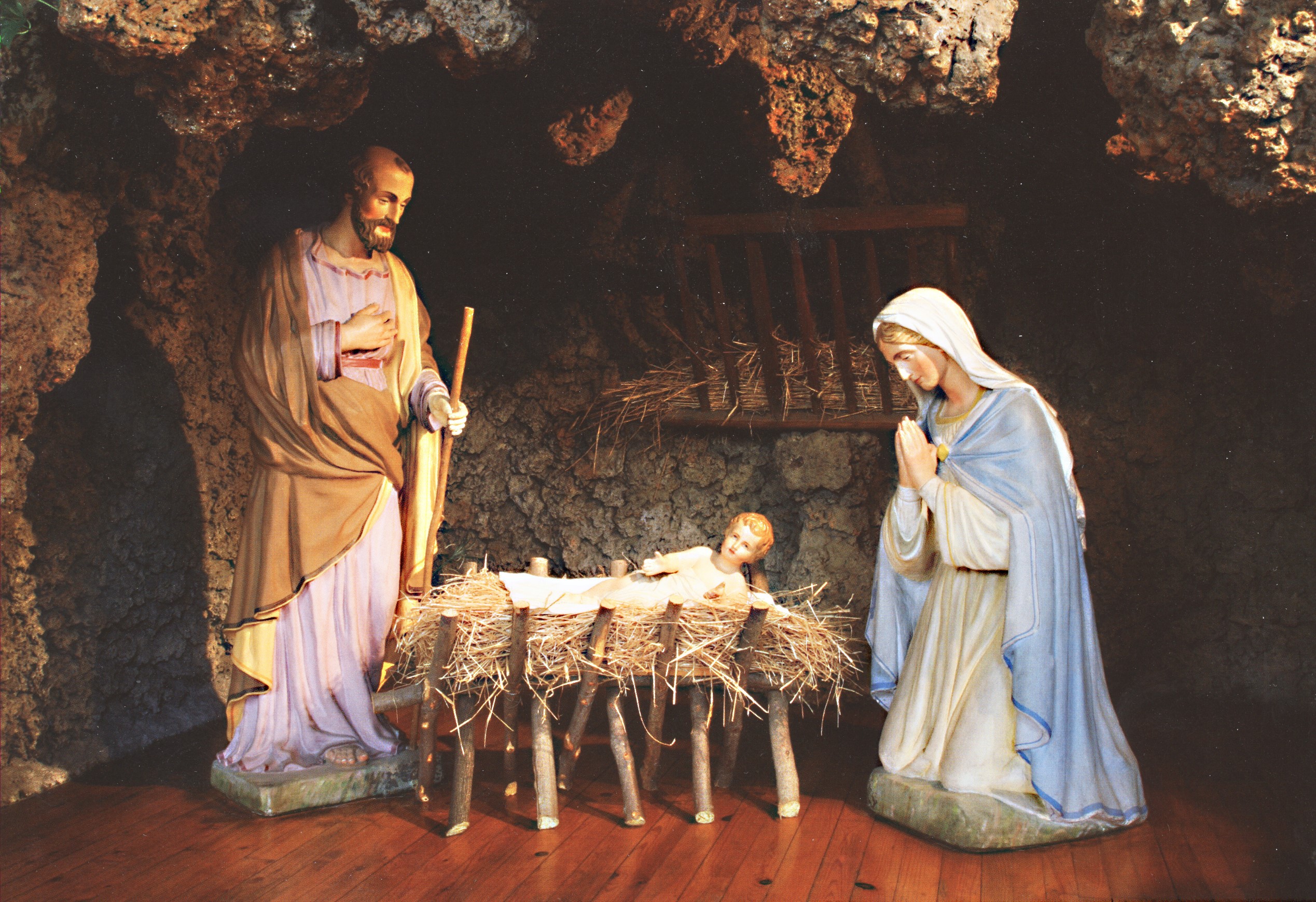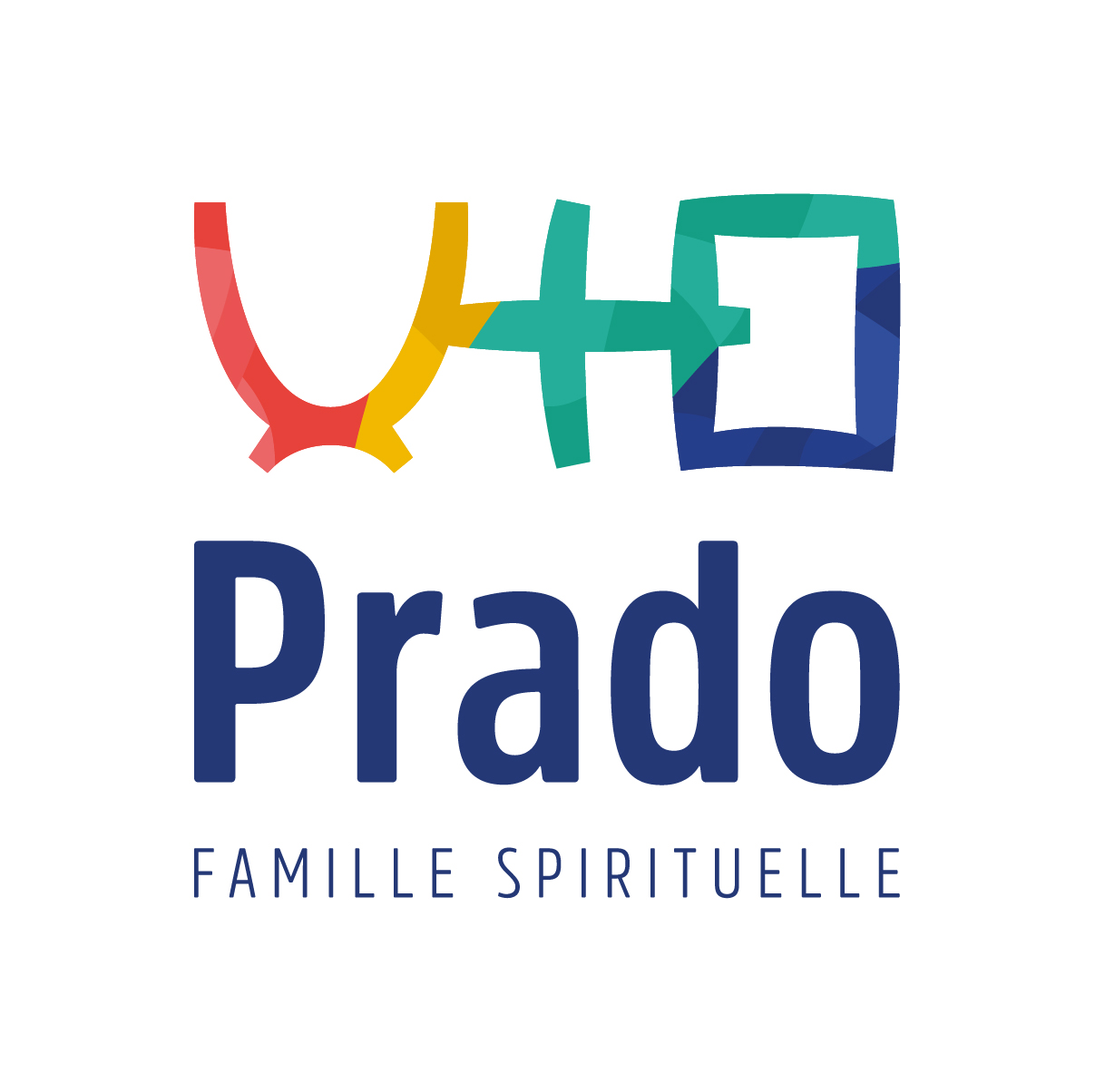Dear brothers and friends of Prado,
The mystery of the Incarnation will soon be renewed, giving us the good news of a God who has "He loved the world so much that he gave his only Son, so that everyone who believes in him may not perish but may have eternal life. (Jn 3:16).
This mystery leads us into the movement of Love's gratuitousness. It approaches us like the kairos of the eternal Love of the Father who, in his faithfulness, continues to give himself in his Son. God communicates to us what he is: eternal life. This is how the mystery of the Incarnation becomes a source of new life, thanks to the secret action of the Holy Spirit in our hearts and in the world.
It is beautiful to contemplate God's desire to communicate himself, to make himself small, to become a swaddled child like any other child who lets himself be pampered by the tenderness of a mother and a father.
Father Duret, Father Chevrier's first successor, testifies to the extent to which "the Word made flesh" was present in the heart and mind of Father Chevrier: "O my children, Jesus Christ, the Word made flesh, is the living letter that God sent to the world, and the world ignores it. Oh, you must read it on your knees, with great reverence. You must study Jesus Christ and love him, cling to him and follow him.
"The living letter that God sent to the world" takes us back to the root of our pradosian vocation: to the One sent by the Father, to the Word made flesh. The fact that we "read it on our knees" shows that it is faith that brings us closer to the content of this "letter". Then, "great respect" evokes the love that makes us contemplate it without making it our own. Respect evokes an openness of heart to surrender and allow it to be inscribed in our flesh. Grace is shared, communicated by divine initiative and producing this intimate union of spirit. Contemplation becomes for all of us a space of communion and a path of missionary fruitfulness.
This free gift of love is surprising; it moves us and draws us towards him. In this way, we can choose communion with the Word who, by taking flesh from our flesh, associates us with his being Son and Envoy, that is to say, a "missionary" of God's love.
This gift communicates a grace that, without doubt, must be welcomed in order to allow ourselves to be enveloped in "this divine light" in the manner of Antoine Chevrier. This grace fills us with wonder. It renews us in the present day of our human hearts, which are often darkened and disappointed by events. God's gift is permanent. But it is the Word of God, proclaimed during the liturgical celebration, that makes the gift of God present: "Today in the city of David a Saviour has been born to you, who is Christ the Lord". (Le 2:11; Is 9:5).
At the heart of Christmas night, at the heart of our nights, at the heart of the world's night, there is a voice that, like a light, breaks through the darkness and announces the presence of a Saviour.
Once again, Chevrier's meditation is our guide: "you must study Jesus Christ and love him, cleave to him and follow him". The light shows the way, and it remains, even if we are immersed in the shadows of hatred and violence that manifest themselves in the current conflicts between peoples.
The consolation of the Incarnation lies in the fact that the Word, by becoming man, is involved with every man and every woman. "The Word made flesh" carries us within himself. In this way, he assumes humanity, purifies it and elevates it to its full potential. By becoming poor, the Word welcomes us into his poverty. He leads us into his being, all oriented towards the Father, with an open ear to listen to him and obey him. In this way, becoming poor for us becomes the gift of a richness that carries us and gives value to humanity wounded by sin. Christ carries the poor humanity of aggressors who by their actions hurt their neighbours.
Christ carries the poor humanity of victims who are seeking to regain their dignity and self-esteem so that they can move towards self-fulfilment.
Christ carries the poor humanity of migrants and refugees, who are wounded and exploited.
Christ bears the humanity of peoples who have no future, because they are deprived of the goods they need to survive.
Christ bears the poor humanity of politicians who are impoverished by an ideal, by remaining chained to party logic and lacking a vision of the common good.
Christ bears the humanity of Christian communities, which are impoverished by a lack of knowledge of the Envoy and, as a result, suffer from a lack of creativity and apostolic intelligence.
Christ bears the poor humanity of the disciples and apostles, who are disillusioned by the difficulties of bearing witness to their belonging to the people of the new and eternal Covenant.
Christ bears the poor humanity of each one of us, marked by existential limits and yet inhabited by the desire for total love.
Christ bears the poor humanity of all those who live for themselves and not for God, the Father. For those who replace the desire for God with material goods and the ephemeral joys of the "ritual of consumerism".
God comes to us; he embraces within himself humanity's desire to emerge from the darkness. The path he points out can be read in the mystery of the Word made flesh. It is the Light of his Glory that, in these days, will once again shine before the eyes of our spirit, and our hearts will be filled with love and holy joy (from the Christmas Preface).
Blessed Antoine Chevrier wrote The love of Jesus Christ turns us away from everything that does not tend towards him, from everything that does not go towards him, even in our parents, our friends and our loved ones; we cannot bear anything that does not turn to the glory and love of Jesus Christ, and we say, as Jesus Christ himself said to Peter, who did not think according to God: "Get out, Satan, you are a scandal to me".. (VD 115)
So, dear brothers and friends, let us move forward in this world with hope. Let us seek to welcome the Poor One who asks to be born into our personal poverty. Let us allow ourselves to be loved by the Word that questions us and guides us towards the new man, recreated in the stature of Christ, our hope.
Let us enter without hesitation into the grace of Christmas to share in the mystery of God's love.
Let us allow ourselves to be moulded by the Holy Spirit, who makes him flesh of our flesh. Let us eagerly become a "readable letter" for the people of God, especially the poor. Let us constantly nourish the "sincere desire to become saints in order to sanctify others". (Letter 12)
Merry Christmas!
Father Armando Pasqualotto
Father Luc Lalire Father Sergio Braga Dos Santos Neto

